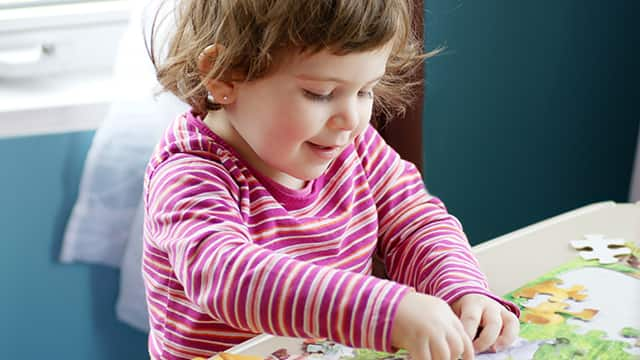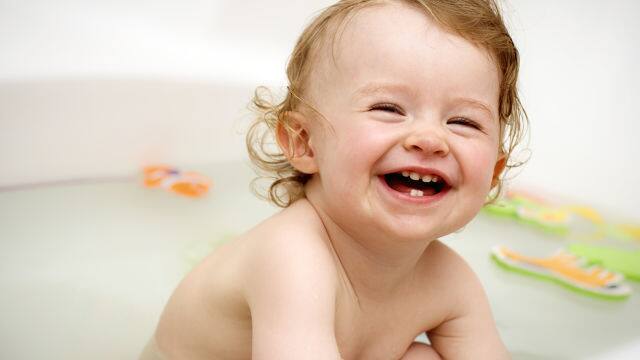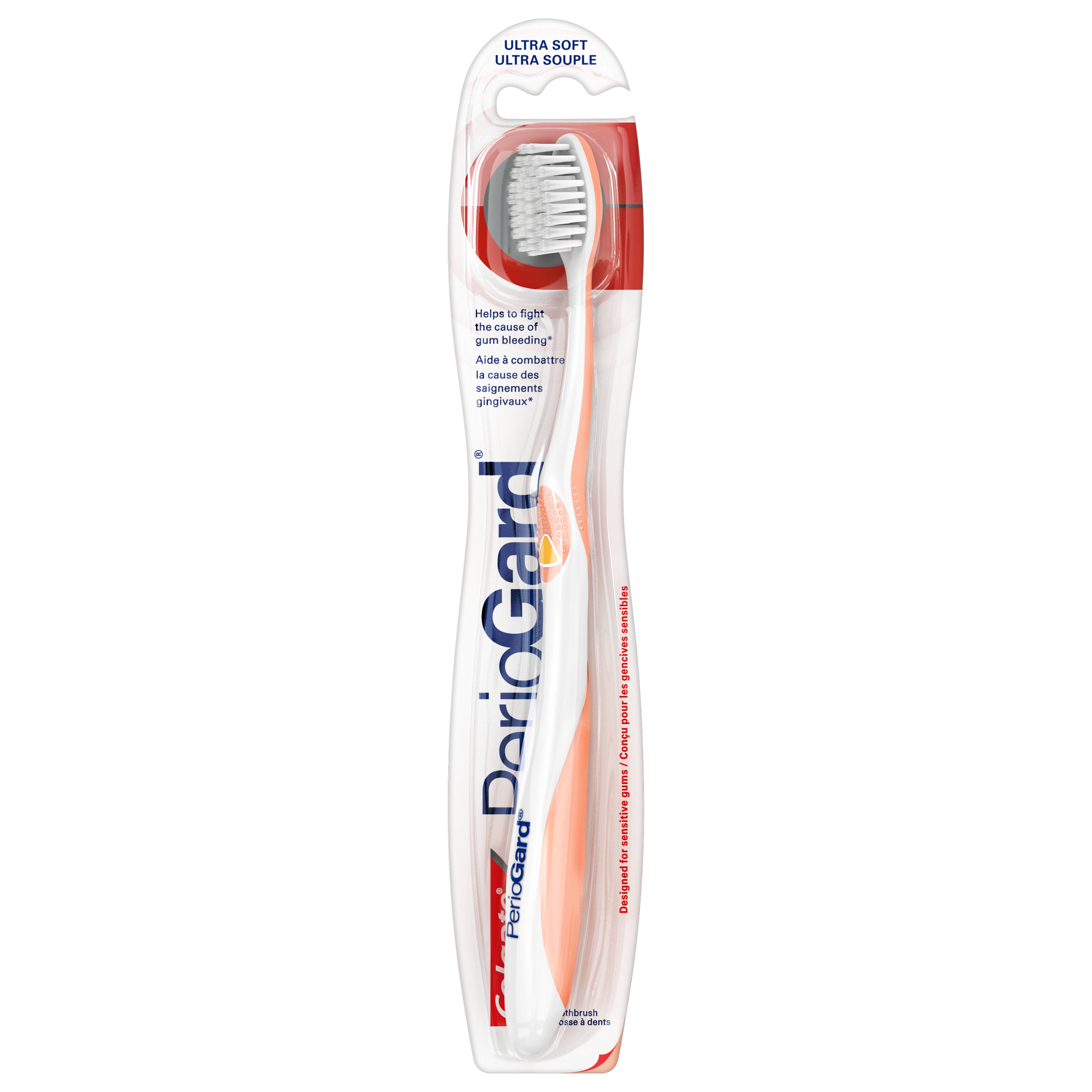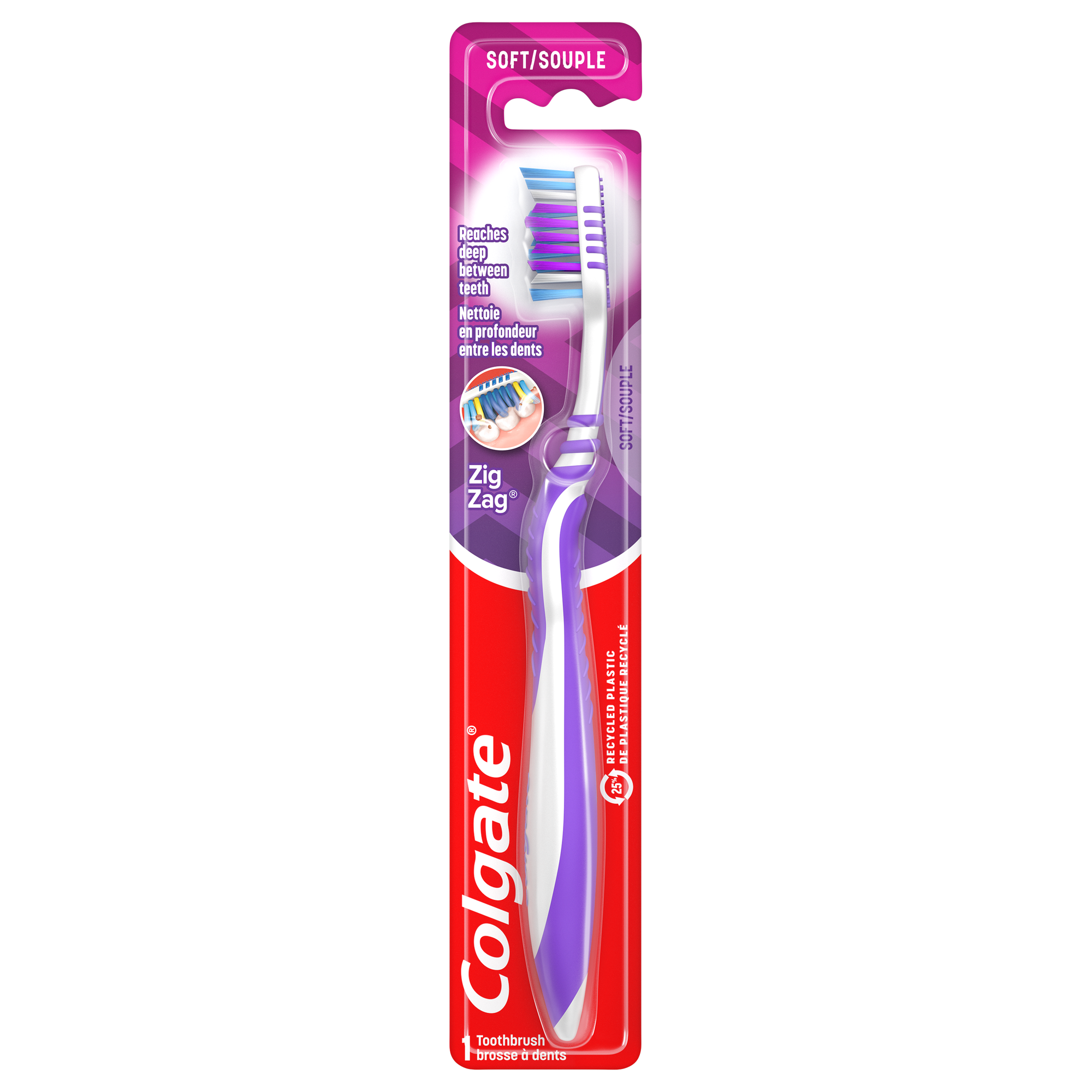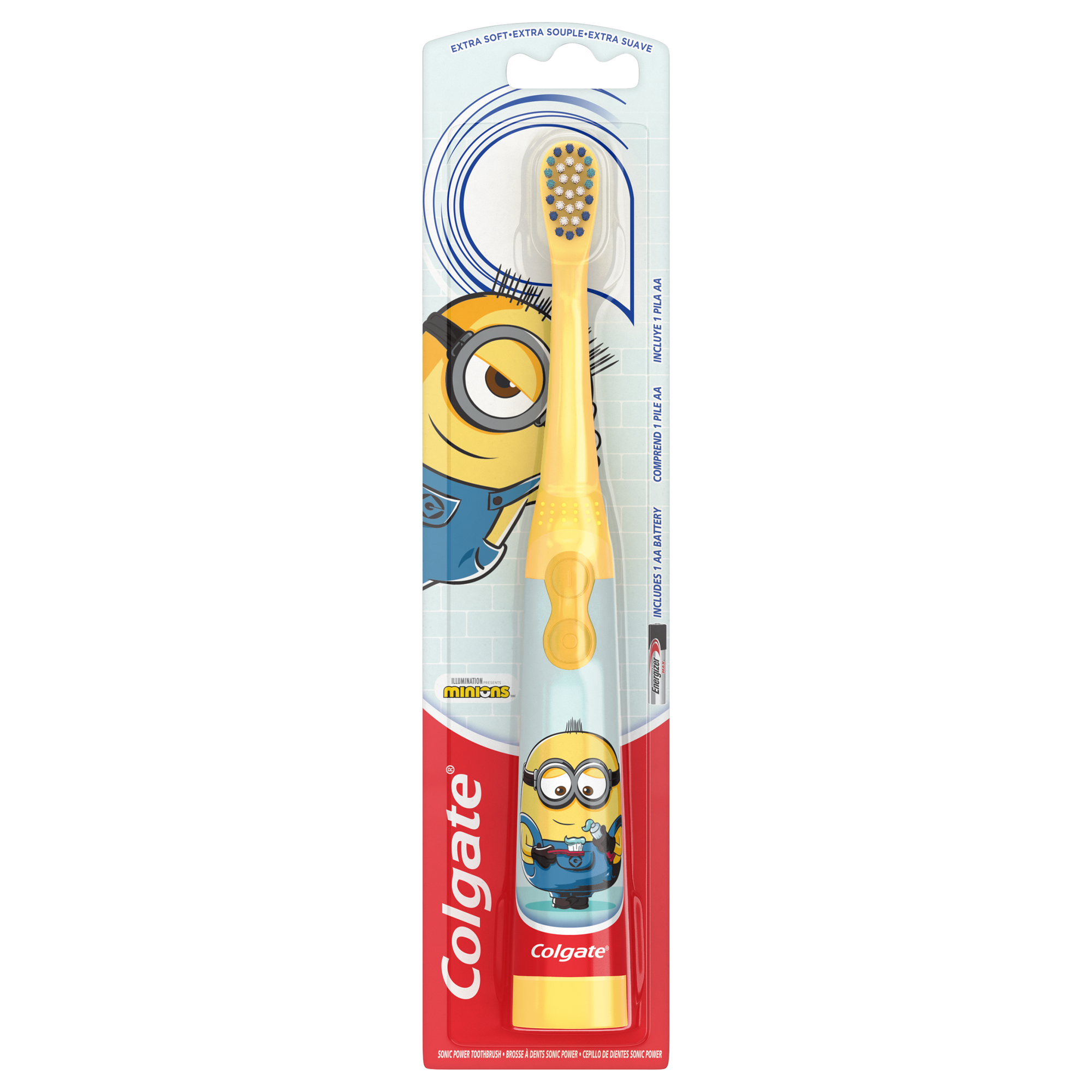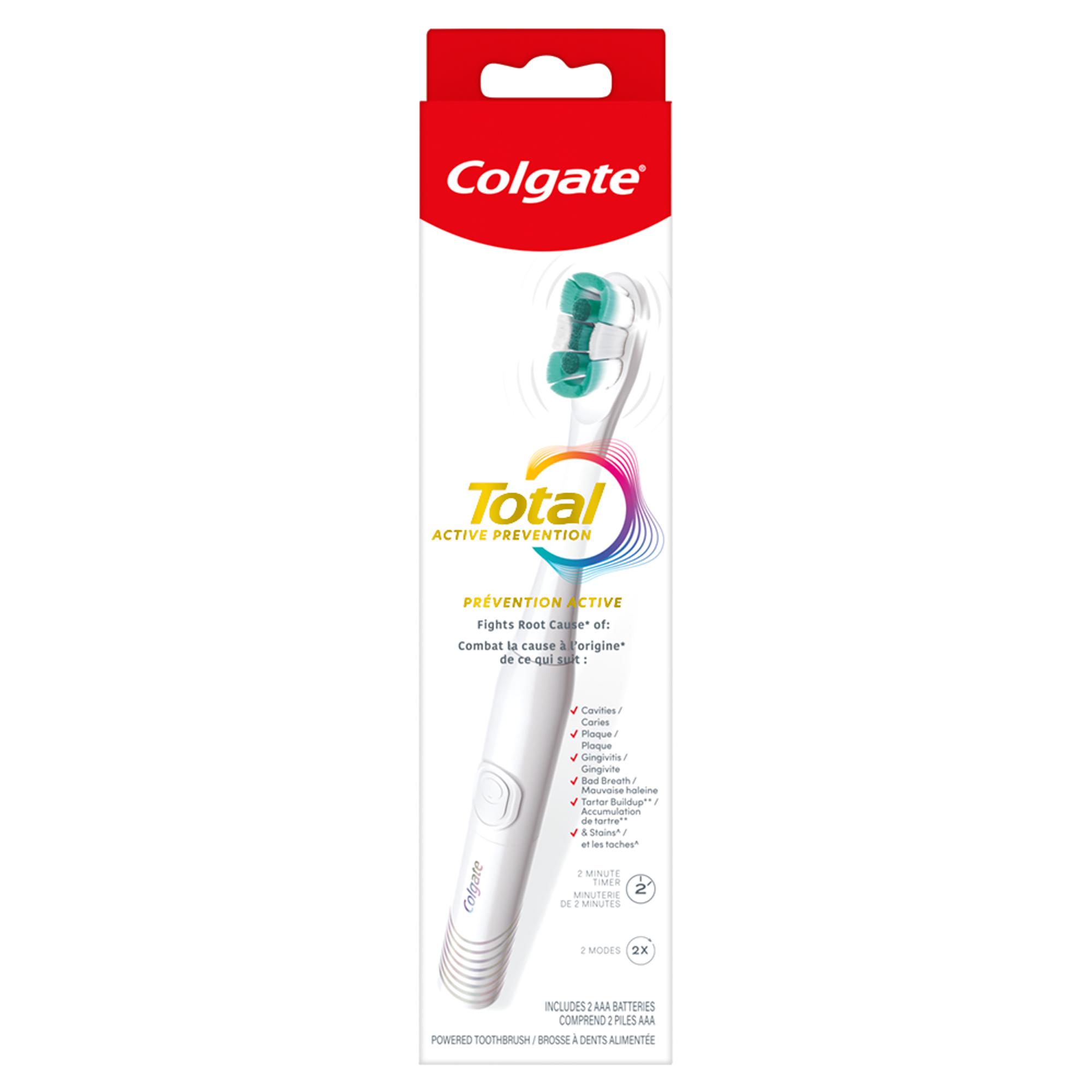When Should Babies Stop Using Bottles?
My Health Alberta suggests the best time to wean your baby from a bottle is between 12 and 18 months of age. Generally, you can begin to introduce a cup as early as 6 months of age, but there are certain signs that can help you know when to make the move from bottle to big-kid cup:
- Your child is able to sit up on their own.
- Your child follows a set process and time for meals rather than around-the-clock feeding. A mealtime routine can facilitate consistency when you do begin the weaning process.
- If your child has begun eating solid foods and can eat from a spoon, it might nearly be time to say goodbye to the bottle.
Bottle Use and Oral Health
Beyond asking when should babies stop using bottles, you should also understand why it's so important for them to transition to a cup. Continued bottle use can introduce risks to your child's oral health, including baby bottle tooth decay. Health Link BC warns against putting your infant to bed with a bottle of milk, formula, juice, or sugary drink as the acids in these liquids can cause early tooth decay. It can be a tough challenge for many parents to wean their child from a bottle, particularly if they use it to soothe themselves to sleep. The Ontario Dental Association notes that allowing your baby to go to bed with fluids other than water (milk, juice) in his/her bottle can cause a lot of damage to your baby’s teeth.
Prolonged bottle use can also lead to excess calorie consumption in young children and obesity, warns Health Canada.
What's more, the transition from bottle to cup may affect their speech development. Remember, a sippy cup is only meant to be a temporary transition item as you move toward an open cup. According to Today's Parent, sippy cups may cause delays in the proper formation of mouth muscles, leading to speech delays, and can also lead to nutritional and dental issues when you overuse them. Ideally, your child will begin to be able to use a straw and an open cup with your assistance.
Tips for Successful Bottle Weaning
Of course, the age-old question in curbing any habit is whether to go cold turkey or let go gradually. Health Link BC suggests:
- Pick a time when your child and family isn't experiencing stress such as cutting a new tooth, starting a new daycare program, or moving.
- Get your child familiar with holding a cup. Pour a small amount and help your child learn how to tip it.
- Gradual weaning is best for babies and Moms. Try dropping one feeding every five to seven days. Then, slowly work up to replacing it at every meal. To eliminate the night time bottle (often the hardest to give up) Today's Parent suggests only bottle feeding water during the day and milk in an open cup, then gradually diluting the night time bottle until it is only water and the child will give it up.
The key to an easy transition is consistency. Once you've switched the bottle for the cup, don't go back. You know your child's temperament best, and patience is key. Throughout the weaning process, stay cool, calm, collected and firm — and remember: You're ultimately making this change for your child's long-term oral health.
ORAL HEALTH QUIZ
What's behind your smile?
Take our Oral Health assessment to get the most from your oral care routine
ORAL HEALTH QUIZ
What's behind your smile?
Take our Oral Health assessment to get the most from your oral care routine
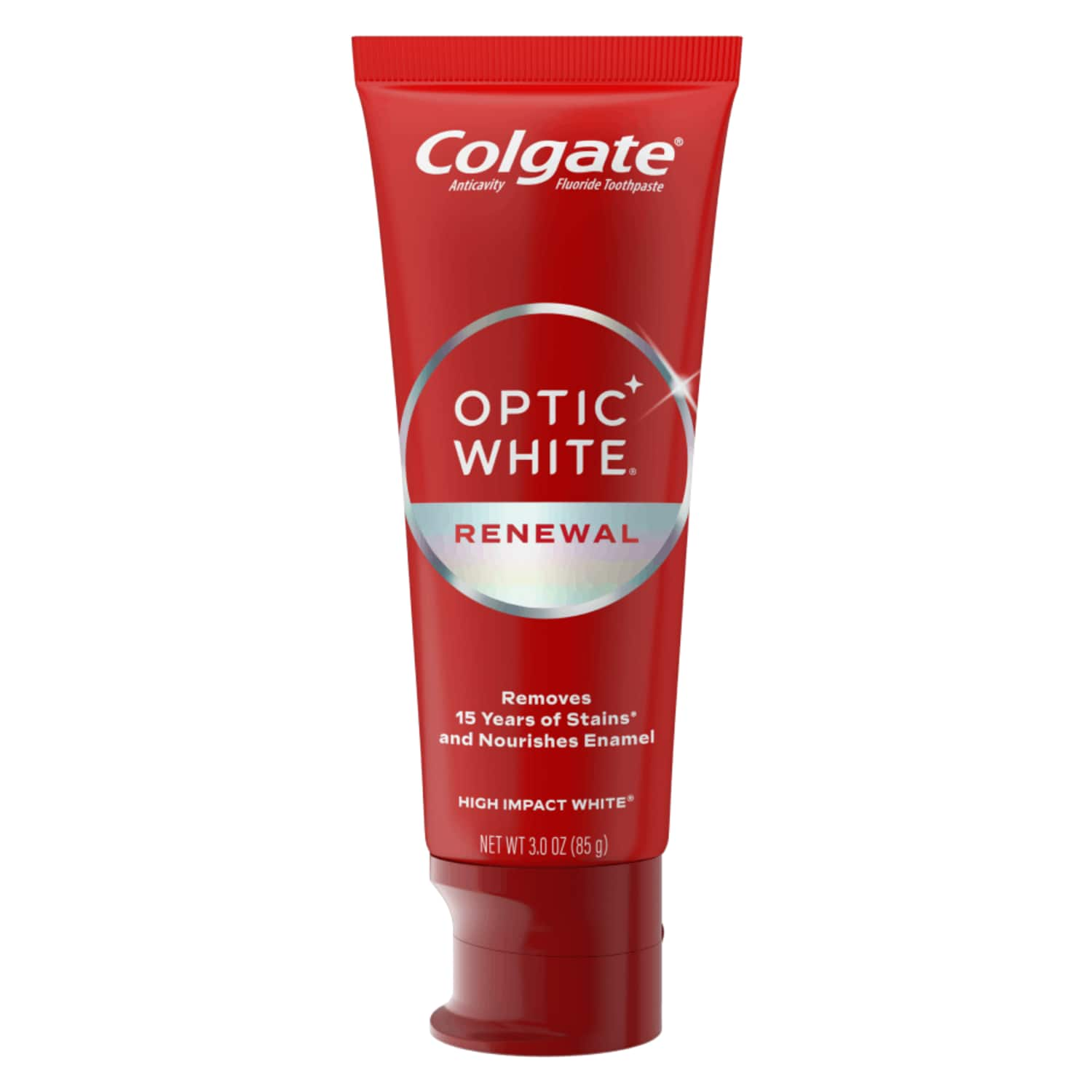
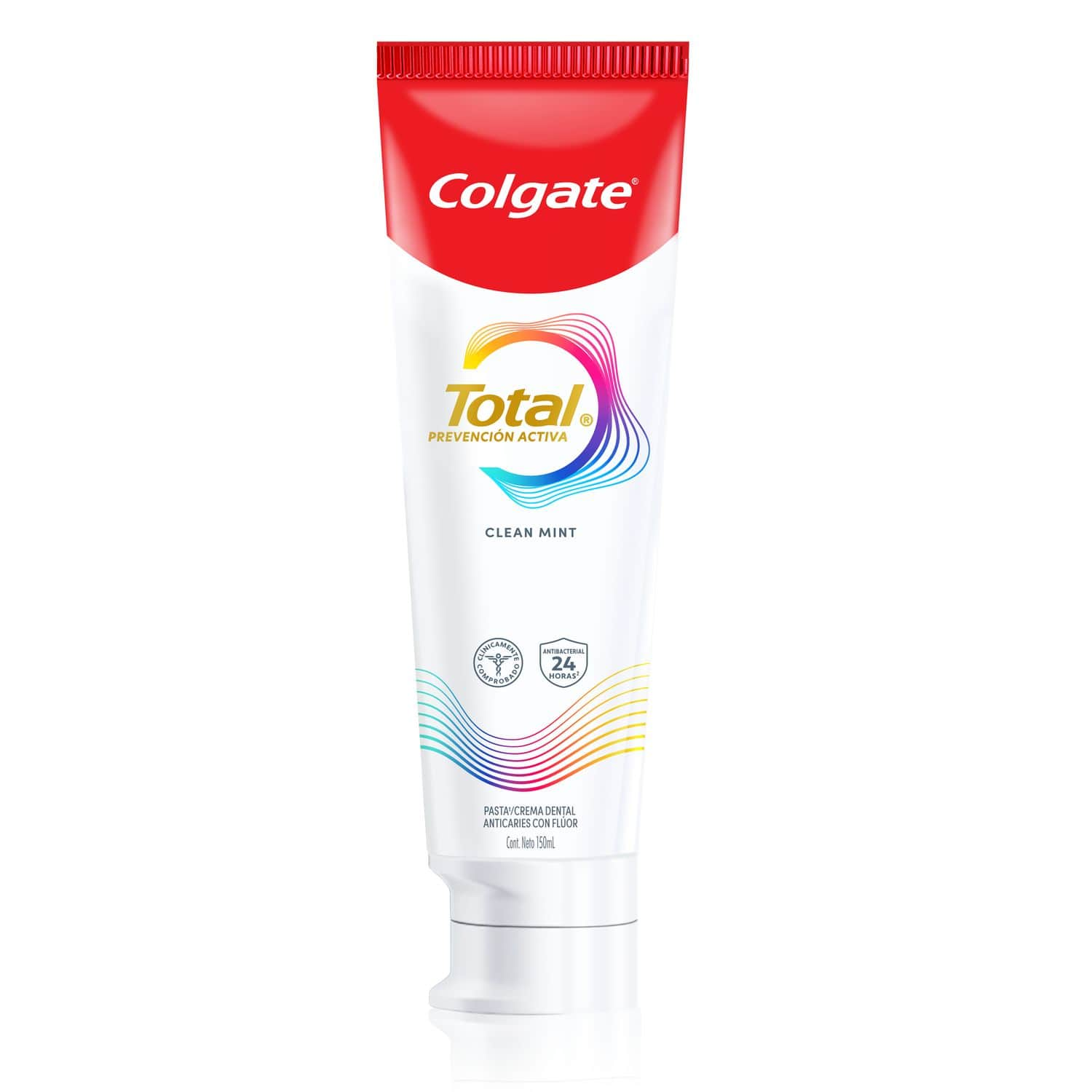
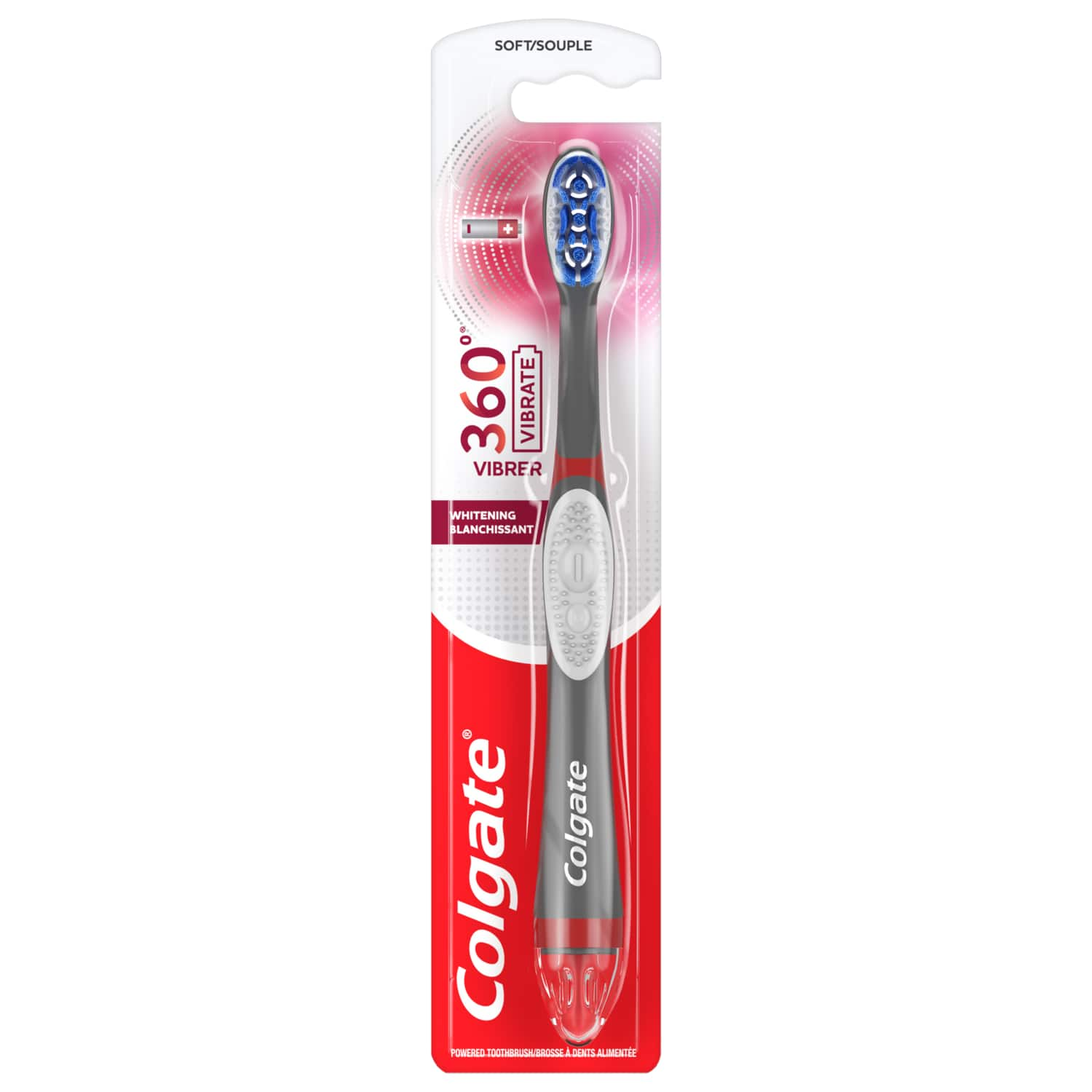


.jpeg)
